In contributing comments to the draft documents submitted to the 14th National Party Congress, cadres, party members and people of Hai Phong city paid special attention to the orientations for cultural development, building Vietnamese people and fundamental and comprehensive innovation in education and training, considering this a key driving force to raise intellectual level, foster mettle and arouse aspirations for national development.
Culture is the endogenous strength and driving force for national development.
In her comments on the draft Political Report to be presented to the 14th National Congress of the Party, Ms. Tran Thi Hoang Mai, Director of the Department of Culture, Sports and Tourism of Hai Phong, emphasized that the current focus is on strongly developing Vietnamese culture and people, associated with building national cultural capacity in the period of integration and digital transformation.
According to Ms. Mai, the draft clearly shows that culture is considered the spiritual foundation of society, the endogenous strength and driving force for national development. However, in the new context, it is necessary to expand the vision of "national cultural capacity", that is, the ability of each locality, industry and community in creating, managing and spreading cultural values.
Orientations for cultural development, building Vietnamese people and fundamental and comprehensive innovation in education and training are key driving forces to raise intellectual standards, foster character and arouse aspirations for national development.
Vietnam not only preserves heritage but also needs to proactively produce, create and export cultural products, participating more deeply in the world cultural flow. She suggested that the Central Government soon have a strategy for developing national cultural capacity for the period 2025-2045, focusing on digital transformation in the cultural field, building a database of heritage, art, artisans and forming regional cultural creativity centers.
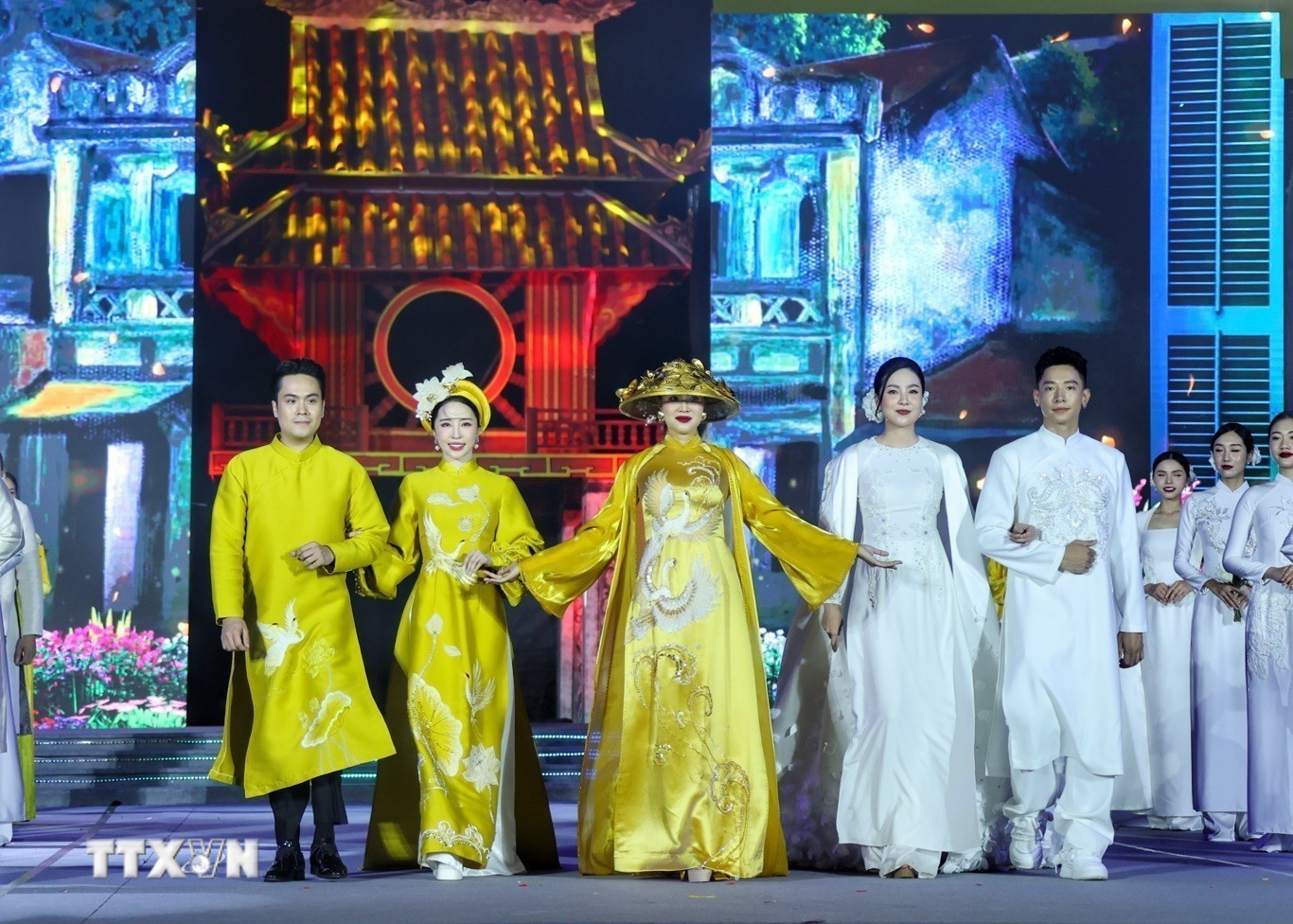
Another important point recommended by the Director of the Department of Culture, Sports and Tourism of Hai Phong is to turn the cultural industry and cultural tourism into a key economic sector of the country. Hai Phong and many other localities are demonstrating the strong development potential of this sector, if properly oriented and invested.
The draft needs to clarify specific policy mechanisms to promote cultural industries, build creative ecosystems associated with public spaces, urban areas, and seaports; and encourage businesses to invest in the production of cultural and artistic products, designs, electronic games, and souvenirs.
"Vietnam can become an "event nation - festival city", using culture as a highlight to promote the national brand in the period of deep integration," Ms. Mai emphasized.
Ms. Mai also proposed that the draft should be more specific in its orientation towards building Vietnamese people in the new era, with core qualities: courage, creativity, responsibility, integration and humanity. According to her, building people must start with cultural education in schools, agencies, communities and even cyberspace, contributing to the formation of a civilized lifestyle, respecting the law, preserving the Vietnamese language and national identity.
From the experience of Hai Phong, the Director of the Department of Culture, Sports and Tourism of Hai Phong believes that cultural development needs to be closely linked with sports and spiritual life at the grassroots level. The mass sports and community culture movement is a strong force spreading the spirit of solidarity and improving the quality of urban and rural residents.

Therefore, the Draft Political Report needs to emphasize the goal of synchronously developing culture, sports and tourism, building a healthy grassroots cultural environment, associated with the movement "All people unite to build a cultural life."
Another administrative issue that Ms. Tran Thi Hoang Mai emphasized is giving local authorities the initiative in cultural development. According to her, each locality has its own characteristics, so it is necessary to have a reasonable decentralization and delegation mechanism, creating conditions for piloting socialization models, public-private partnerships in heritage conservation, festival organization, and cultural institution building. In addition, there should be a policy to prioritize resources for remote, isolated, and island areas where people have limited access to and enjoyment of culture.
Developing comprehensive education, building Vietnamese people in the new era
In his comments on the Draft Political Report to be presented to the 14th National Congress of the Party, Associate Professor, Dr. Bui Xuan Hai, Rector of Hai Phong University, said that the content of education and human development in Vietnam is an important pillar that needs to be clarified, both in terms of vision, goals and specific solutions to meet the requirements of the new era, the era of digital transformation, knowledge economy and deep international integration.
According to Mr. Hai, the draft clearly demonstrates the Party's consistent viewpoint that "human development is both the goal and the driving force of the innovation process". However, to concretize that spirit, it is necessary to clearly define the model of the Vietnamese person in the new era, which is a person with knowledge, digital skills, cultural courage, creativity and a sense of social responsibility.
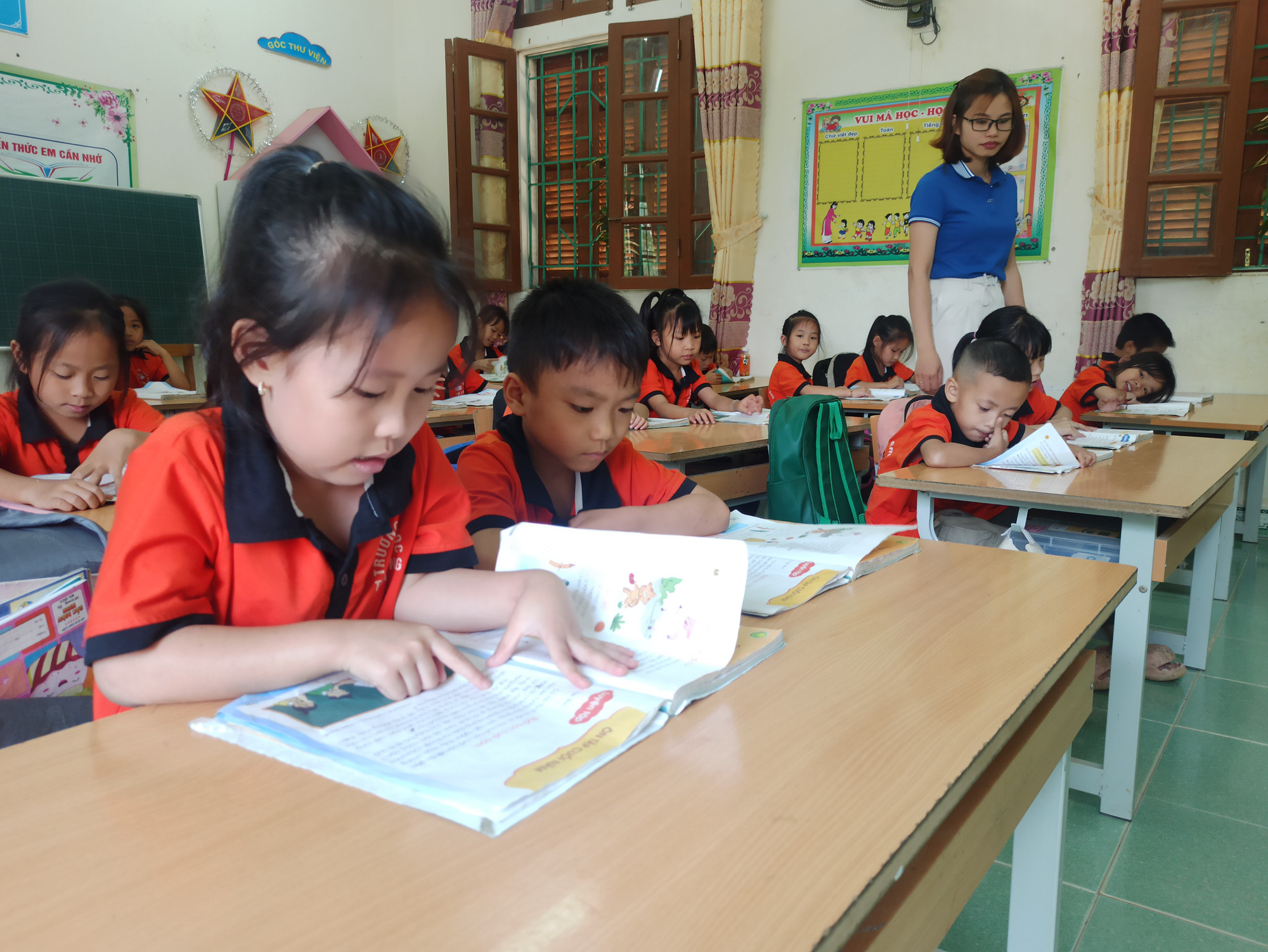
Education and training must not only stop at "transferring knowledge", but must shift strongly to "cultivating capacity" and "developing personality", so that each Vietnamese person can become a global citizen while still being imbued with national identity.
Mr. Hai emphasized that Vietnam is facing a great opportunity of the fourth industrial revolution and digital transformation. In that context, education must go one step ahead, creating a foundation of knowledge and creative capacity for national development.
The draft needs to clarify the role of universities in the innovation ecosystem, where research, businesses and society connect. He proposed that there should be a national policy on developing research universities, supporting key universities to invest in science, technology, artificial intelligence, digital transformation and innovation, to form a high-quality workforce to serve the country's industrialization and modernization process.
From management practice at Hai Phong University, Mr. Hai believes that current education not only needs to innovate content and methods but also needs to innovate management thinking.
“Without giving real autonomy to higher education institutions, it will be difficult for us to build a creative and effective education system,” he stressed.
Therefore, he recommended that the draft should further specify the university autonomy policy associated with accountability, encourage modern governance models, and apply digital technology in management, assessment, and publication of education quality.
One of the key points mentioned by Mr. Bui Xuan Hai is the need to make moral education, personality and life skills the foundation of the entire education system. He believes that in the context of digital society, online culture, and changing values, if education only focuses on professional skills and neglects human qualities, the country will lack the moral foundation for sustainable development.
Therefore, he proposed adding specific directions in the draft on building a humane educational environment, promoting honesty, creativity, respect for discipline and dedication.
Besides, Mr. Hai also proposed that the Party and State need to have policies to improve the status, working conditions and living conditions of teachers, the force directly realizing human development goals.
“There cannot be a high-quality education system without ensuring the lives, honor and working environment for teachers and lecturers,” he affirmed. Building a mechanism to treat, honor and develop the teaching staff should be considered a political task in the coming period.
Mr. Bui Xuan Hai shared the importance of building a learning society and lifelong learning. According to him, people in the new era not only learn in school but also learn throughout their lives, at work, in the community and in the digital space.
Therefore, it is necessary to complete the open learning materials system and national digital platform for learning, while encouraging the model of "community universities" and "digital learning centers" in localities, helping people access new knowledge and skills in the context of digital transformation.
“Human development is national development. When every Vietnamese person has the opportunity to study, to unleash their potential, to nurture their aspirations and compassion, that is the greatest strength to realize the aspiration of a strong, prosperous and civilized Vietnam,” Associate Professor, Dr. Bui Xuan Hai affirmed./.
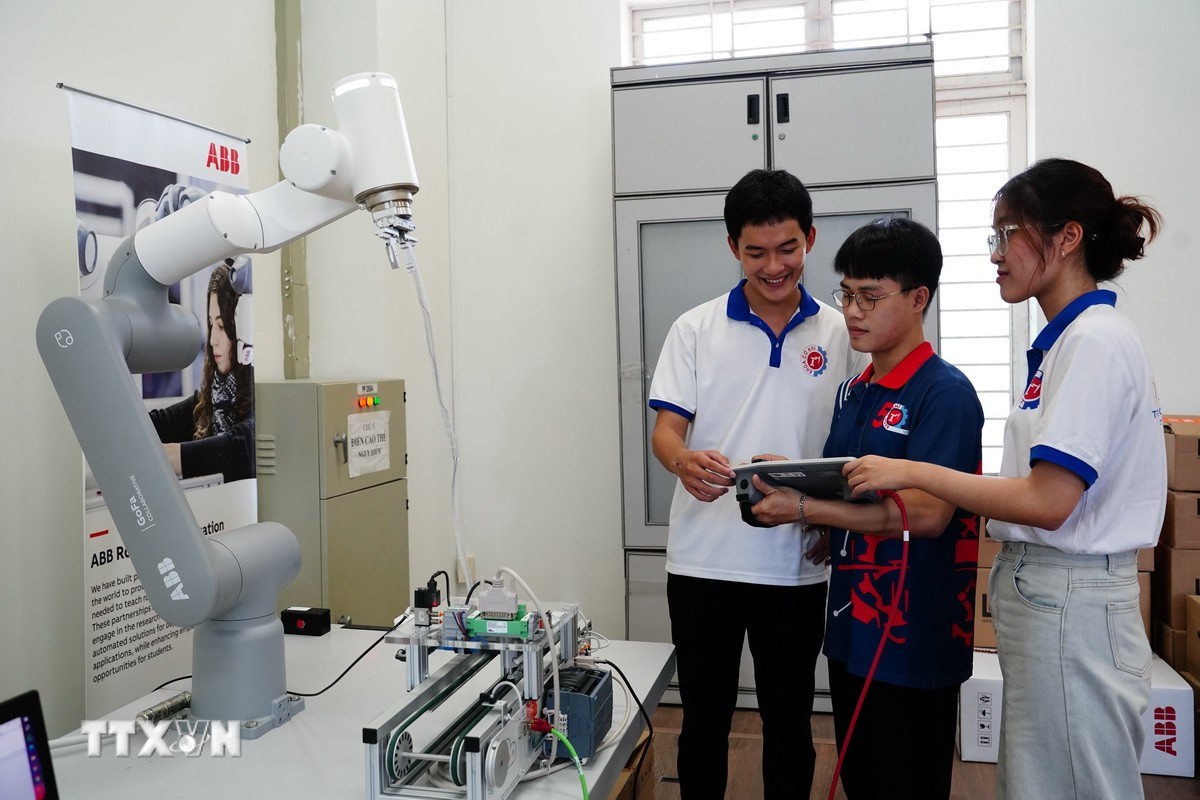
Source: https://www.vietnamplus.vn/du-thao-van-kien-dh-xiv-van-hoa-la-hon-cot-giao-duc-la-then-chot-phat-trien-post1076320.vnp




![[Photo] Prime Minister Pham Minh Chinh receives Lao Minister of Labor and Welfare Phosay Sayasone](https://vphoto.vietnam.vn/thumb/1200x675/vietnam/resource/IMAGE/2025/11/11/1762872028311_dsc-2246-jpg.webp)



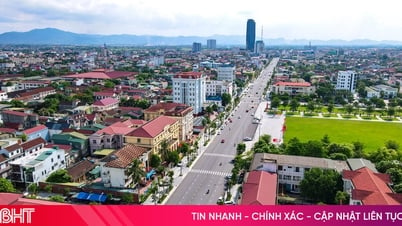







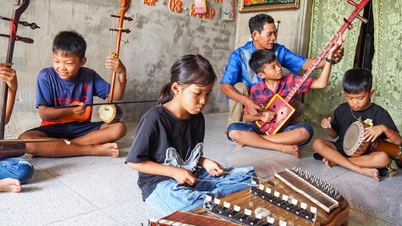



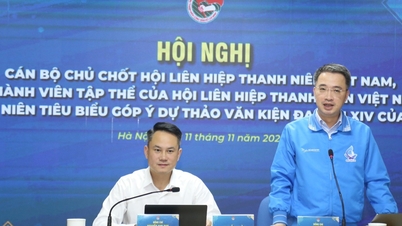




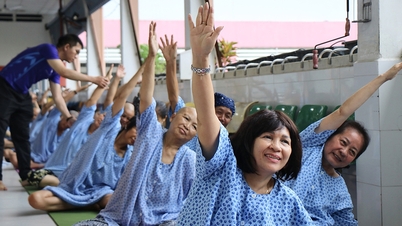
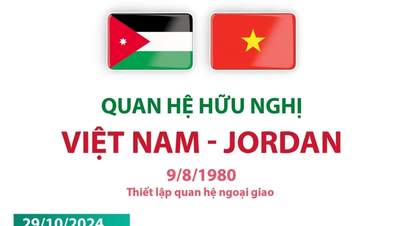
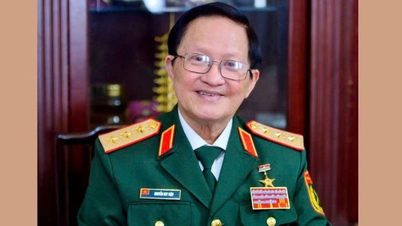





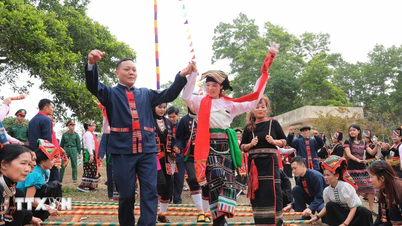

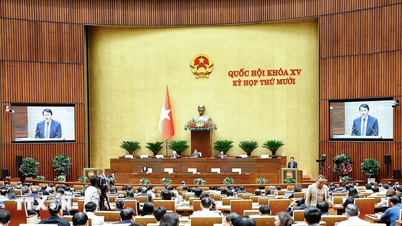
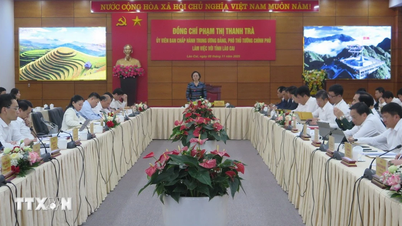




































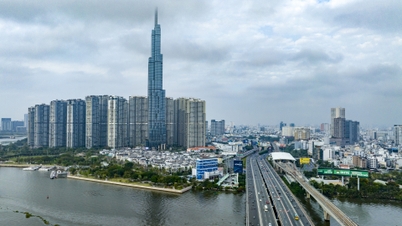















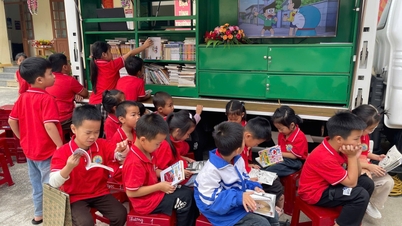



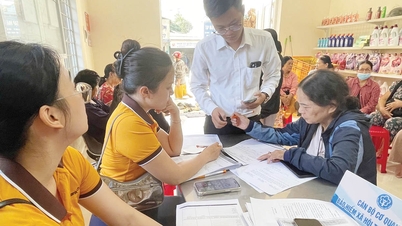

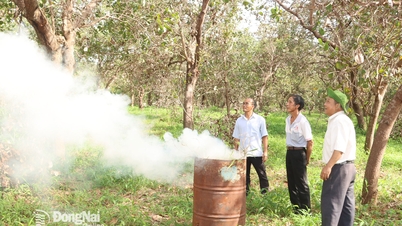

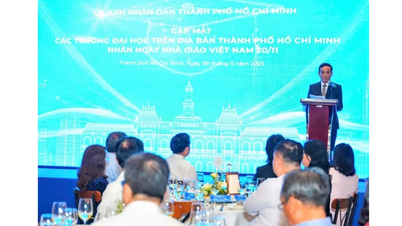

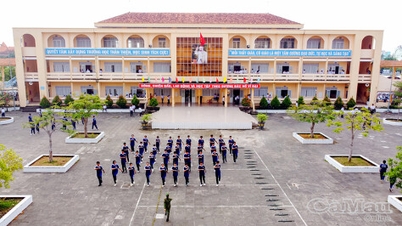




![Dong Nai OCOP transition: [Article 3] Linking tourism with OCOP product consumption](https://vphoto.vietnam.vn/thumb/402x226/vietnam/resource/IMAGE/2025/11/10/1762739199309_1324-2740-7_n-162543_981.jpeg)




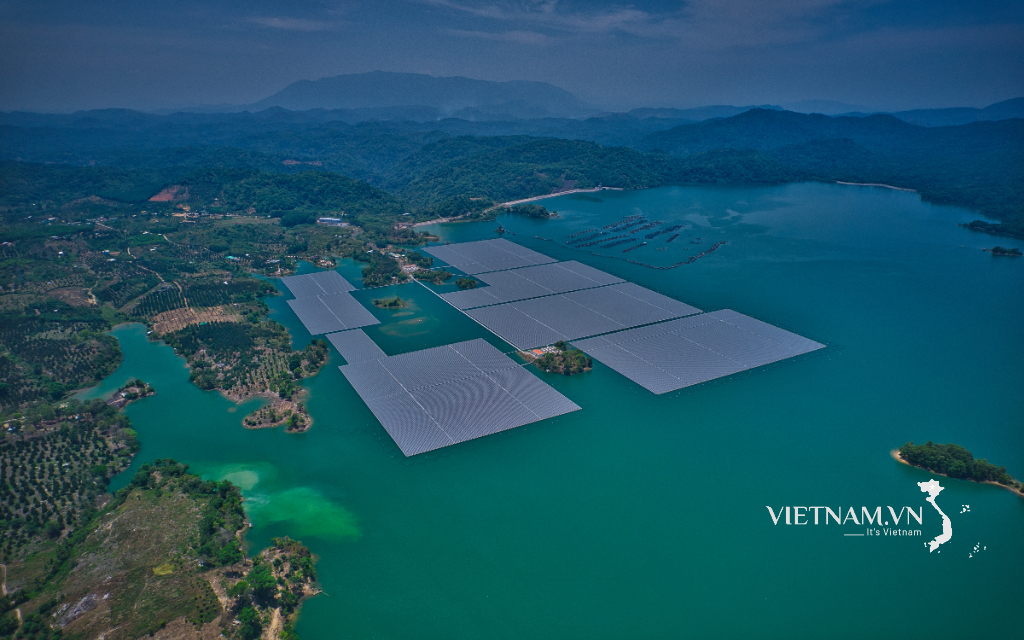



Comment (0)